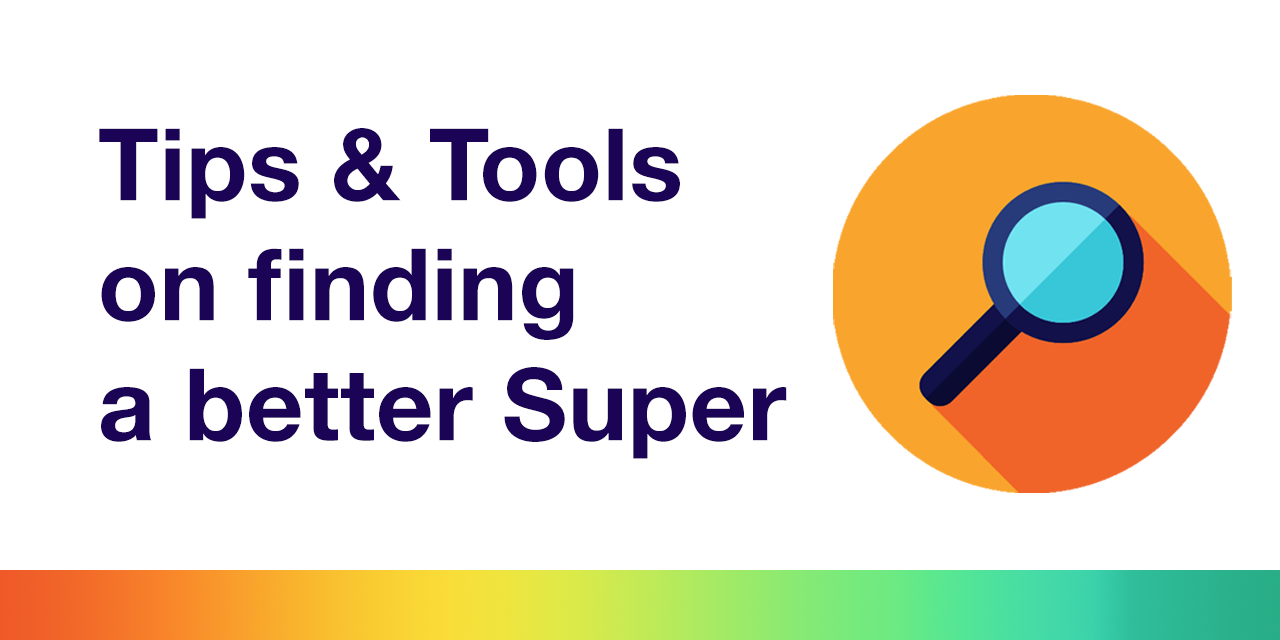
Have you seen this acronym floating around financial media in 2021? It’s becoming more and more prominent when it comes to takeovers and listings, particularly in the US markets.

Have you seen this acronym floating around financial media in 2021? It’s becoming more and more prominent when it comes to takeovers and listings, particularly in the US markets.



15-06-2021
George Lucas, Raiz Group CEO
Last week saw global stocks as measured by the FTSE All-World Index hit an all-time high as investors balanced expectations that the economic recovery will remain robust with caution ahead of the upcoming US Federal Reserve meeting on June 15-16. While it has not been the most exciting rally and the global equities benchmark has only risen 1 per cent so far in June, it’s another sign of global economic data continuing to improve.



Global food prices in 2021 have been going up. And up. And up. In May, the UN Food and Agriculture Organization’s monthly index spiked 40%, the biggest rise in a decade, increasing the possibility that inflation caused by the COVID-19 recovery is accelerating.



Over the past few years, more rules and systems have been implemented to make it easier for Australians to switch to a Super fund that suits them.



As of June 1st, 2021, The ASX has had eight consecutive months of gains, and is currently at record highs. European markets have had four consecutive months of gains, and US markets continue to hover near records. Since the GFC, there have been almost 300 new record high days recorded by the S&P 500 index. That is an almost one in seven chance over that time frame that the market could have hit a record high on a given day.



01-06-2021
George Lucas, Raiz Group CEO
Domestically, we’ve seen the Australia sharemarket perform well this month due to the global rotation in equity markets into energy, financials and material stocks such as copper, iron ore and other industrial metal companies, and out of the tech companies. On Friday, the ASX 200 reached new record highs boosted in large part by miners, oil stocks and banks.



We know that bonds tend not to have the suave or sexiness of equities and crypto. They are just boring interest rate products, right? Well, bonds wield far more influence on global markets than you may realise; they have been the main weapon used by Central Banks globally in 2020 and 2021 in fighting COVID’s impact on economies.



Are you considering how to find a better Super fund for you? Thinking about a move but don’t know where to start? Maybe you have a few potential Super funds in mind, or none.



The big fall in crypto prices on May 19th followed by a very large rebound the next day has kept markets busy and made global headlines. And since the initial bounce back, trading remains volatile and new lows are being made. Regardless of whether you have a position in crypto or are simply considering owning bitcoin or other cryptocurrencies, here are some perspectives to consider. Read Post



More and more Raiz users have been actively engaging with our Chatbot, Ashlee, in order to take control of and improve their financial situation. Because Ashlee is a personalised experience you can chat to her in a natural way – well nearly natural.